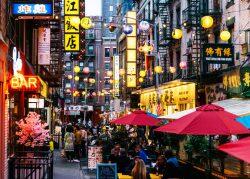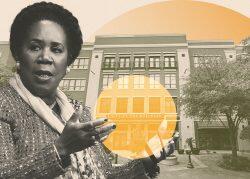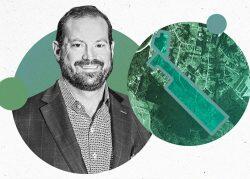Houston’s once-bustling original Chinatown faces extinction.
A $9 billion infrastructure project includes rerouting part of I-45, the city’s main artery, through East Downtown, where four decades of new immigrants could savor familiar food, dance and watch Chinese-language films, the Houston Chronicle reported. It was home to thousands of Chinese people and their businesses from 1950 to 1990.
Many businesses in the old neighborhood moved west to Bellaire Boulevard years before the development plan was announced, buying land from Asian investors who hoped to attract residents who were being pushed out. That shift left the neighborhood with just vestiges of its past.
Longtime residents acknowledge that change is inevitable, even as they bemoan the end of the old neighborhood.
“It is sad to see the original old Chinatown disappear,” Mimi Woo, who ran the neighborhood’s Long Sing Supermarket before moving elsewhere in 2017 as the highway plan moved closer to reality, told the publication. “Not too many kids nowadays know there was an old Chinatown in downtown, but it’s also a part of life.”
The ties are part of the area’s real estate: Woo worked at the Bo Bo Lang Theater before buying the property and transforming it into a grocery store in 1989, keeping its pagoda-style roof. Others recall pastries from Garden Bakery or dancing at the On Leong Chinese Merchants Association to celebrate special occasions.
Houston had about 20,000 Chinese Americans by 1980, many of whom opened small businesses. Tens of thousands of other Asian immigrants, including many Vietnamese refugees, joined them.
These days, the neighborhood is known as EaDo and is populated by bars and restaurants, the publication reported. A park included in the highway project could help pay homage to the area’s past, said Gordon Quan, an immigration lawyer who grew up visiting the original Chinatown.
For now, the highway project is on hold. It faces review from the Federal Highway Authority in response to complaints that the development would disproportionately impact Black and brown communities. Yet community activists haven’t stopped protesting.
Read more



— Cailley LaPara
